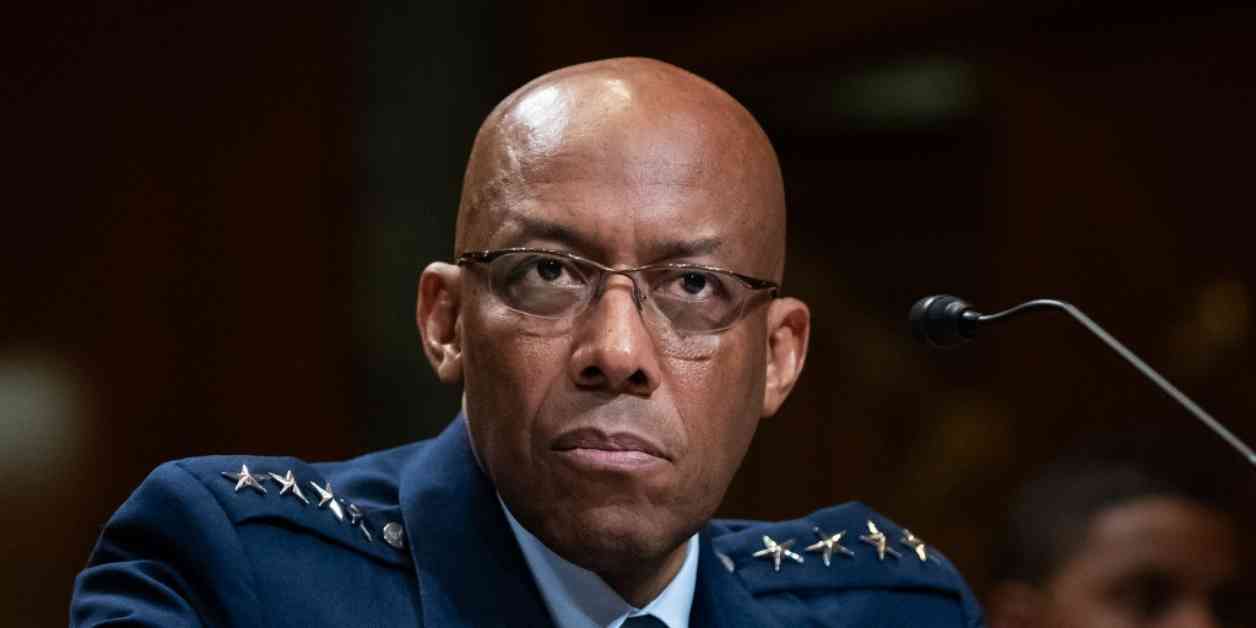Trump Considers Retaining Joint Chiefs Chairman After Meeting – Sources
In a surprising turn of events, President-elect Donald Trump’s meeting with Air Force Gen. Charles Q. Brown Jr., the chairman of the Joint Chiefs of Staff, at the Army-Navy football game last weekend may have shifted his plans to fire Brown. Sources familiar with the conversation reveal that the meeting, which took place in a luxury box at Northwest Stadium in Landover, Maryland, during the second quarter of the game, went exceptionally well, potentially altering Trump’s stance on Brown’s future in the military.
Unexpected Encounter at the Game
During their 20-minute one-on-one conversation in the owner’s box, Trump and Brown reportedly hit it off, with Trump showing a newfound appreciation for Brown’s work and congratulating him on his election. This positive interaction has led to a change in Trump’s attitude towards Brown, hinting that he might not dismiss him immediately, as previously anticipated.
Stability Amidst Controversy
Many have been urging Trump not to dismiss Brown, considering him a source of stability amidst concerns about Trump’s nominee for the Defense Department, Pete Hegseth. Hegseth’s controversial policies and lack of experience have raised alarms, making Brown’s retention crucial for maintaining stability within the military.
A Personal Side to Brown
Brown’s emotional video addressing racial biases and challenges he faced as an African American in the military sheds light on his personal struggles and the difficult conversations he has had to have with his sons about living in a racially divided America. This candid revelation from a typically reserved officer struck a chord with many and showcased Brown’s empathy and understanding of the issues facing minorities in the armed forces.
Controversy Over Diversity Initiatives
The memo co-signed by Brown in 2022, setting recruiting goals based on race, ethnicity, and gender, ignited a debate over racial quotas in the military. While some denounced the memo as divisive and against the principles of a merit-based system, Brown clarified that the goals were aimed at increasing diversity without compromising meritocracy.
In the coming days, the decision on Brown’s future in the military will undoubtedly be closely monitored, given the significant implications it holds for the armed forces and the broader diversity initiatives within the U.S. military. The unexpected turn of events following the meeting between Trump and Brown has left many speculating about the chairman’s fate, highlighting the complexities of leadership transitions and the delicate balance between policy changes and continuity in the military’s top ranks.
